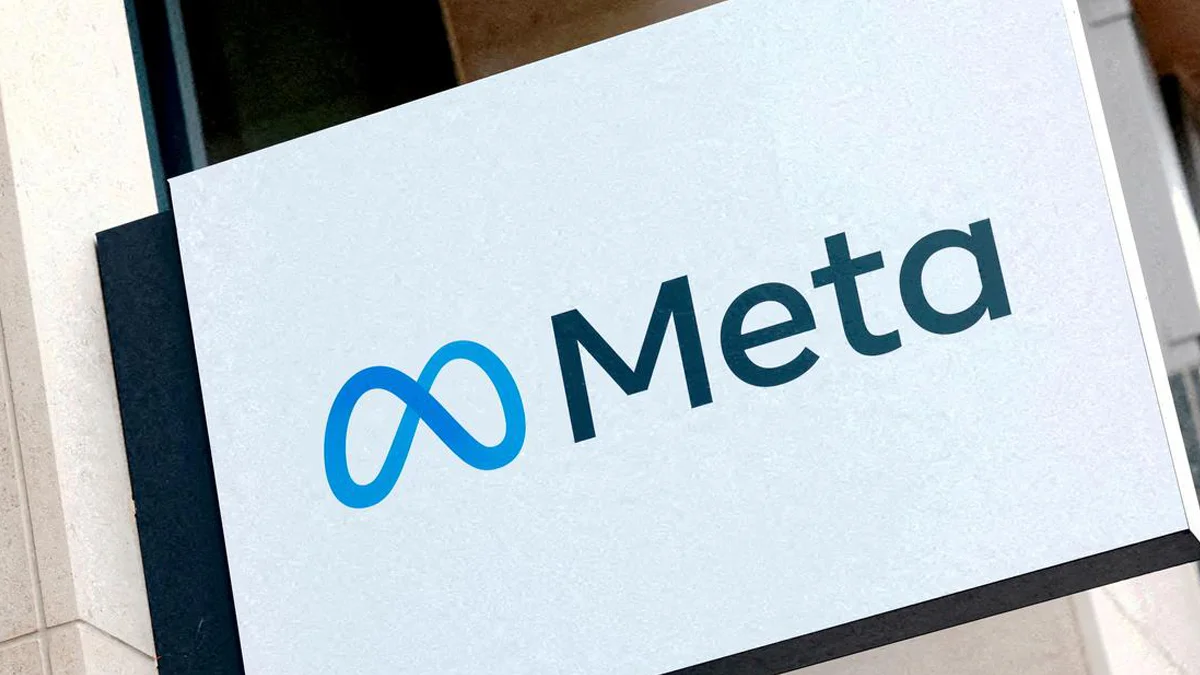Necessary Always Active
Necessary cookies are required to enable the basic features of this site, such as providing secure log-in or adjusting your consent preferences. These cookies do not store any personally identifiable data.
|
||||||
|
||||||
|
||||||
|

Meta stocks hit a record high when their price hit the $747.90 during midday trading on July 1. The stock price surge was triggered by rising investor interest in the social media giant’s expansions following the establishment of Meta Superintelligence Labs (MSL). According to Yahoo Finance, the new division consolidates AI initiatives, which includes Meta AI research.
The stock surge saw Bank of America encourage purchase of Meta shares as it attributed its bullish stand on Meta’s Super Lab launch. Meta CEO Mark Zuckerberg informed employees about the formation of MSL through an internal memo.
The social media giant is looking to leverage the new Meta innovation hub to accelerate the development of Artificial General Intelligence (AGI). The unit is expected to enhance Meta’s revenue streams by providing smart glasses, image-to-video advertising tools, and Meta’s AI app.
“Meta is uniquely positioned to deliver superintelligence to the world. We have a strong business that supports building out significantly more compute than smaller labs. We have deeper experience building and growing products that reach billions of people,” Zuckerberg stated in the internal memo
Meta’s high-stake AI push comes soon after its Llama 4 open-source model received poor reception and senior staff quit the company. These challenges have enabled rivals like OpenAI, Google, and Chinese AI startup DeepSeek to surge forward in the global AI race.
The US social media giant has put together a team of highly qualified AI experts to lead Meta’s AI breakthrough efforts and run the new unit. Former Scale AI CEO Alexandr Wang will lead the unit as the Chief AI Officer. Wang joined Meta earlier this month after Meta invested $14.3 billion in the data labeling startup for a 49% stake.
Former CEO of GitHub Nat Friedman will co-lead the new Meta SuperIntelligence Lab. Friedman’s role will focus on applied research and AI products. Besides Wang and Friedman, Meta has poached 11 AI specialists from organizations such as Anthropic, OpenAI, and Google. Notable names that have joined the MSL include OpenAI alumni Shengkia Zhao, Juahui Yu, Shuchao Bi, and Hongyu Ren.
From Google DeepMind, Meta has hired Pei Sun and Jack Rae, while from Anthropic the social media giant recruited Joel Pobar.
“We are pioneering and leading the AI glasses and wearables category that is growing very quickly. And our company structure allows us to move with vastly greater conviction and boldness. I’m optimistic that this new influx of talent and parallel approach to model development will set us up to deliver on the promise of personal superintelligence for everyone,” Zuckerberg added.
Forecasts by Bank of America show that Meta’s move to hire tens of leading AI researchers could cost the big tech company up to $1 billion annually based on a $20 million compensation estimate per specialist.
Meta’s social media platforms, Facebook, Whatsapp, and Instagram , are among the largest in the world. Combined, these platforms have more than 3.4 billion users daily on average. This massive audience makes Meta one of the top two players in global digital advertising, alongside Alphabet, which owns Google.
As the social media giant ventures into AI, it is likely to benefit from the technology’s rising popularity. While the company has invested heavily in AI with limited results, this may start to shift following the establishment of MSL. Recently, Meta unveiled plans to roll out AI-generated ads across its platforms, giving brands new tools to customize their messaging.
This move alone could cause a major shift in the advertising industry. If Meta’s AI tools prove effective, brands might move away from traditional ad agencies and rely on Meta to create personalized ads using AI. The company also plans to introduce ads on WhatsApp, a move that is expected to further grow its ad revenue. Currently, about 97% of Meta’s revenue comes from digital advertising.